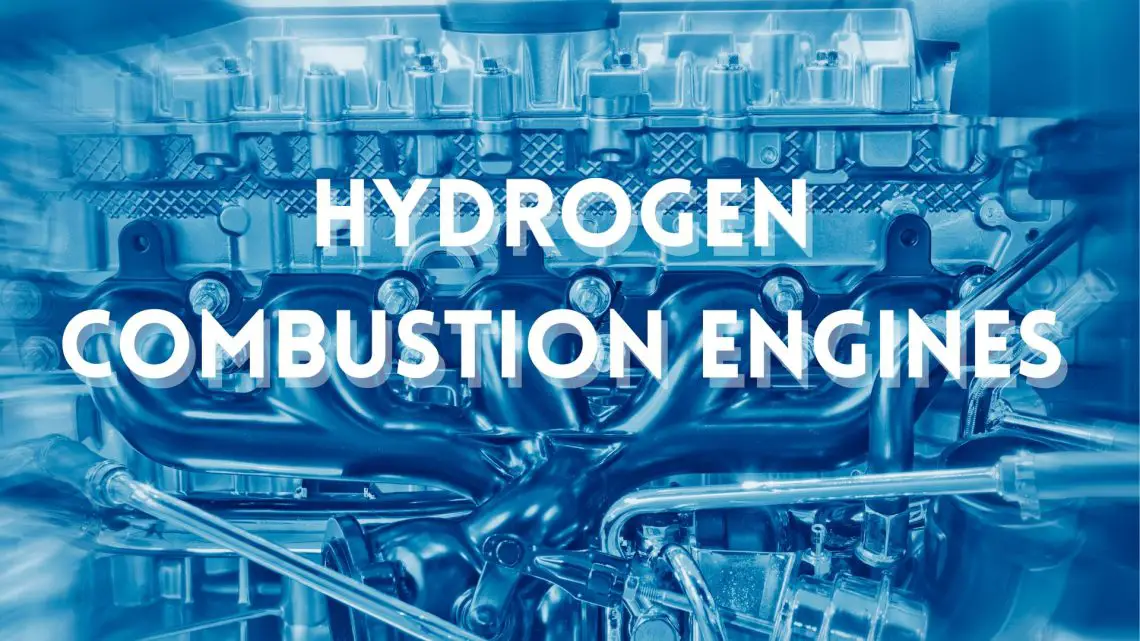
How Hydrogen Combustion Engines Could Outpace Fuel Cells
October 15, 2024Hydrogen combustion engines are emerging as a viable alternative to traditional fossil fuels in the quest for cleaner, more sustainable energy sources. Unlike hydrogen fuel cells, which convert hydrogen into electricity through a chemical process, combustion engines burn hydrogen to generate mechanical power, similar to conventional gasoline engines. This method promises an eco-friendly solution with reduced greenhouse gas emissions, making it an attractive choice for minimizing the transportation sector’s carbon footprint.
The Breakthrough Discovery
A groundbreaking development from the University of Alberta has introduced a new aluminum-nickel alloy, AlCrTiVNi5, poised to revolutionize hydrogen combustion engines. This alloy offers remarkable thermomechanical properties, making it ideal for enduring the extreme temperatures of hydrogen combustion. Key attributes include:
- High stability in extreme heat conditions
- Low thermal expansion, minimizing wear and tear
- Superior fracture tolerance and durability
These features position AlCrTiVNi5 as a prime candidate for high-temperature applications like gas turbines and vehicle engines, addressing the challenges of managing the intense heat of hydrogen combustion.
A Collaborative Advantage: Hyundai, Kia, and Volvo
Imagine a partnership between Hyundai, Kia, and Volvo, leveraging this new alloy to accelerate the development of hydrogen combustion engines. By pooling resources and expertise, these automakers could fast-track innovation, creating engines that are not only efficient but also sustainably manufactured. Such collaboration could lead to:
- Shared R&D costs, reducing financial barriers to innovation
- Accelerated advancements in engine performance and durability
- Enhanced market positioning through a unified approach to sustainable technology
Hydrogen Combustion Engines vs. Fuel Cell Engines
As these engines gain traction, they challenge fuel cell vehicles’ dominance in the evolving automotive landscape. Once seen as a less favorable option, combustion engines are now strong contenders in sustainable transportation, thanks to technological leaps like the introduction of AlCrTiVNi5. This shift highlights a potential resurgence for combustion engines, inviting further exploration of their role in future clean automotive solutions.
Hydrogen Combustion Engines
Pros:
- Familiar Technology: Builds on existing internal combustion engines, easing the transition for manufacturers.
- Quick Refueling: Offers refueling times similar to gasoline engines, convenient for consumers.
- Lower Initial Costs: Utilizes existing production methods, making it cost-effective.
- Space Efficiency: Requires less vehicle space compared to fuel cell systems.
Cons:
- Emissions: Produces NOx emissions, albeit less than traditional engines.
- Infrastructure Needs: Requires new refueling infrastructure, currently limited and costly.
- Efficiency: Generally less efficient than fuel cells, with energy lost as heat.
- Technological Development: Needs advances in materials and engine design to manage heat effectively.
Hydrogen Fuel Cell Engines
Pros:
- High Efficiency: Converts more energy into usable power.
- Zero Emissions: Produces only water as a byproduct.
- Quiet Operation: Provides a smoother, quieter driving experience.
Cons:
- Infrastructure Needs: Requires new refueling infrastructure, expensive to develop.
- Longer Refueling Time: Takes longer to refuel than combustion engines.
- Space Requirements: Takes up more space in vehicles.
- Higher Initial Costs: Expensive due to complex technology and materials.
Technological Differences and Current State
Hydrogen Combustion Engines are closer to traditional engines, allowing quicker integration into manufacturing but needing advancements to optimize high-temperature performance. In contrast, Hydrogen Fuel Cell Engines involve significant technological shifts for cleaner energy but require substantial infrastructure investment.
The Path to a Sustainable Future
Hyundai and Kia, aiming for a 2025 launch, are developing hydrogen combustion engines with a 3.5-liter displacement and 30.6 kg·m torque, designed to meet Euro 6d emissions standards. Volvo plans to debut hydrogen engines in trucks by 2026, promising diesel-like performance with reduced CO2 emissions.
The hydrogen engine market is poised for significant growth, driven by technological advancements and increased investments in clean energy. The global market is projected to expand from USD 12 million in 2024 to USD 327 million by 2035. Europe leads the charge with aggressive investments in sustainable technologies, while Asia-Pacific, the Middle East, and Africa are also witnessing a surge in hydrogen projects.
In Summary
The University of Alberta’s alloy breakthrough could be a game-changer for automakers like Hyundai, Kia, and Volvo. By partnering and leveraging this new technology, they stand to lead a transformative era in automotive transportation, fostering cleaner vehicles and offering substantial consumer benefits. This collaboration could not only extend vehicle lifespans but also provide long-term cost savings, making hydrogen-powered vehicles an appealing option for eco-conscious consumers.
Hydrogen Fuel Cell Engines




 With over 15 years of reporting hydrogen news, we are your premier source for the latest updates and insights in hydrogen and renewable energy.
With over 15 years of reporting hydrogen news, we are your premier source for the latest updates and insights in hydrogen and renewable energy.